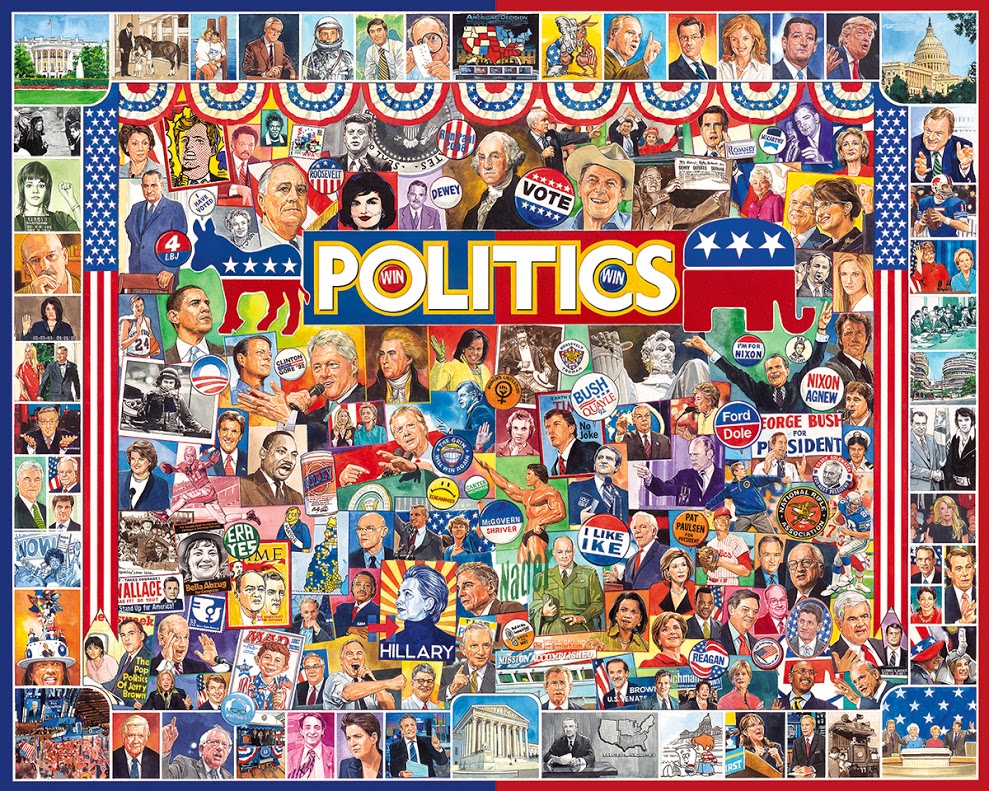Politics is often likened to a puzzle, with its myriad pieces forming a complex picture of governance, power dynamics, and societal structures. In this article, we delve into the intricate world of politics, examining its various components and how they fit together to shape the landscape of our society.
Understanding Political Systems
At the heart of any political structure lies its system of governance. From democracies to monarchies, each system has its own set of rules and institutions that dictate how power is wielded and decisions are made. Understanding these systems is crucial to grasping the broader political landscape.
Democracies, for example, operate on the principles of popular sovereignty and representation, where citizens have the right to vote and elect their leaders. Monarchies, on the other hand, are characterized by hereditary rule, with power typically vested in a single individual or family.

The Driving Forces Behind Politics
Ideologies serve as the guiding principles that shape political thought and action. From liberalism to socialism, each ideology offers a distinct perspective on issues such as individual rights, economic equality, and the role of government.
Liberalism, for instance, advocates for personal freedoms and limited government intervention in economic affairs, while socialism emphasizes social ownership and collective welfare. By understanding these ideologies, we can better comprehend the motivations behind political parties and movements.
Analyzing Political Institutions
Political institutions form the backbone of any political system, providing the structures through which decisions are made and policies implemented. These institutions can range from legislative bodies and executive agencies to judicial courts and international organizations.
In the United States, for example, the three branches of government – legislative, executive, and judicial – serve as a system of checks and balances designed to prevent any one branch from accruing too much power. Similarly, the European Union operates through a complex network of institutions, including the European Parliament and the European Commission.
Navigating Political Processes
The political process encompasses a wide range of activities, from campaigning and voting to lawmaking and policy implementation. Understanding how these processes work is essential for citizens to participate effectively in the political arena.
Elections, for instance, are a cornerstone of democratic governance. Providing citizens with the opportunity to choose their representatives and hold them accountable. Meanwhile, the process of policymaking involves a series of steps, from agenda setting and policy formulation to implementation and evaluation.
Navigating Controversy and Division
Despite its importance, political discourse often grapples with challenges such as polarization, misinformation, and divisive rhetoric. In an era marked by echo chambers and online echo chambers, constructive dialogue can be difficult to achieve. However, fostering open-mindedness, empathy, and a commitment to facts can help bridge the divides that often characterize political debates.
Empowering Citizen Participation
Civil society plays a crucial role in shaping the political landscape. Serving as a forum for citizen engagement, advocacy, and activism. Non-governmental organizations, community groups, and grassroots movements provide avenues for citizens to voice their concerns. Mobilize for change, and hold governments accountable. By actively participating in civil society initiatives, individuals can contribute to the democratic process and help shape the policies that affect their lives.
Building a More Inclusive and Responsive Political System
As we look to the future, it is essential to strive for a political system that is inclusive, responsive, and transparent. This requires ongoing efforts to strengthen democratic institutions, promote civic education, and ensure equal representation for all segments of society. By working together to address systemic challenges and uphold democratic values. We can build a more resilient and equitable political system for generations to come.
Conclusion
In conclusion, politics is a multifaceted puzzle comprised of various elements, including governance systems, ideologies, institutions, and processes. By understanding how these pieces fit together. We can gain insight into the complexities of the political landscape and work towards building a more informed and engaged society.

